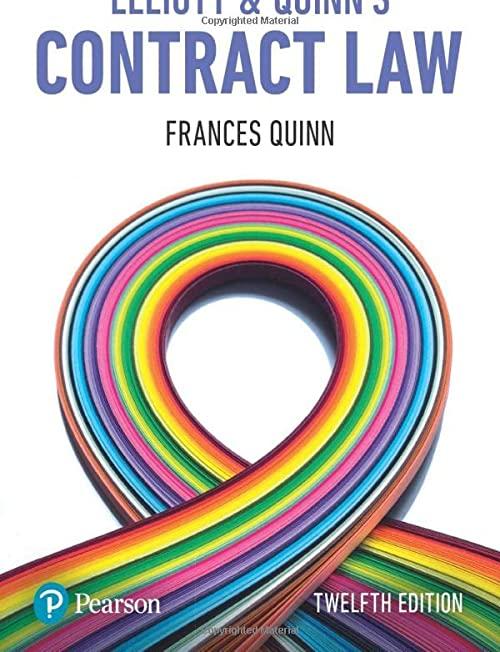Question
Use Harvard referencing style to fully reference, in-text reference and cite this essay. Explanation: 6.1Theories of One's Own Identities In the field of philosophy, the
Use Harvard referencing style to fully reference, in-text reference and cite this essay.
Explanation:
6.1Theories of One's Own Identities
In the field of philosophy, the two most influential ideas on identity are known as the continuity theory and the discontinuity theory. According to the continuity hypothesis, the identity of a person does not change over the course of time; hence, the same individual can be found living in different eras. The discontinuity theory, on the other hand, proposes that the identity of a person changes continuously throughout their lifetime. This suggests that the same person cannot live in many time periods at the same time.
Because it is predicated on the concept that a person's identity is established by their memories, the continuity theory of identity is frequently referred to as the "memory theory." John Locke, a British philosopher who lived in the 17th century, is credited with being the originator of this notion. Locke proposed that a person's identity can be deduced from their recollections of the events that occurred in their history. He asserted that a person would not be the same person that they were in the past if they were unable to remember the experiences that shaped who they are currently.
Because it is based on the concept that a person's identity is defined by their physical body, the discontinuity theory of identity is also commonly referred to as the "body theory." During the 18th century, the philosopher David Hume was the one who initially put forward this theory. According to Hume, a person's identity is not determined by their memories but rather by their physical body. He argued this point. He asserted that if the physical body of a person were to be destroyed, then that person would no longer be the same person that they had been in the past.
Philosophers have found fault with both the continuity and discontinuity theories of identification and offered alternative explanations. The continuity theory's primary flaw is that it is unable to explain how a person can change through time while still being the same person. This is the most significant argument against the hypothesis. The discontinuity theory is subject to the most significant level of criticism due to the fact that it is unable to explain how a person might survive the death of their physical body.
6.2Jean Paul Sartre
Introduction:
Jean-Paul Sartre was a French philosopher who is regarded as being at the forefront of the existentialist philosophical movement. He was born in Paris in 1905 and died in 1980. His birth took place in Paris in 1905, and his death took place in 1980.
Sartre's philosophical views can be divided into three main areas: being and consciousness, individual freedom and choice, and taking responsibility for our choices.
Explanation: The philosophical perspectives of Jean-Paul Sartre can be broken down into three primary categories: being and consciousness; individual freedom and choice; and accepting responsibility for the consequences of our decisions.
Sartre contends that there is a fundamental distinction between 'being' and 'awareness' in his book 'Being and Nothingness,' which has the same name. According to him, the difference between being and consciousness is that consciousness is the awareness of things, while being is the presence of things. He also argues that consciousness is not something that we have, but something that we are. Additionally, he contends that consciousness is not something that we possess but rather something that we are in and of ourselves.
The concept that Sartre refers to as "the human condition" serves as the foundation for his arguments regarding individual liberty and choice. He is of the opinion that being human means having the capacity to exercise free will and select one's own path in life. He also believes that our choices are not determined by any external factors, but are entirely up to us. He is also of the opinion that our decisions are not in any way influenced by anything that is happening outside of ourselves, but are purely the result of our own free will.
Conclusion:
The concept of 'authenticity' that Sartre proposes serves as the foundation for his claims that we should accept responsibility for the decisions we make. He maintains that everyone of us is responsible for our own decisions and that we should not make an effort to place blame on anyone else for the decisions that we make. He is also of the opinion that we should not make excuses for ourselves in order to avoid taking responsibility for our actions.
Step by Step Solution
There are 3 Steps involved in it
Step: 1

Get Instant Access to Expert-Tailored Solutions
See step-by-step solutions with expert insights and AI powered tools for academic success
Step: 2

Step: 3

Ace Your Homework with AI
Get the answers you need in no time with our AI-driven, step-by-step assistance
Get Started


